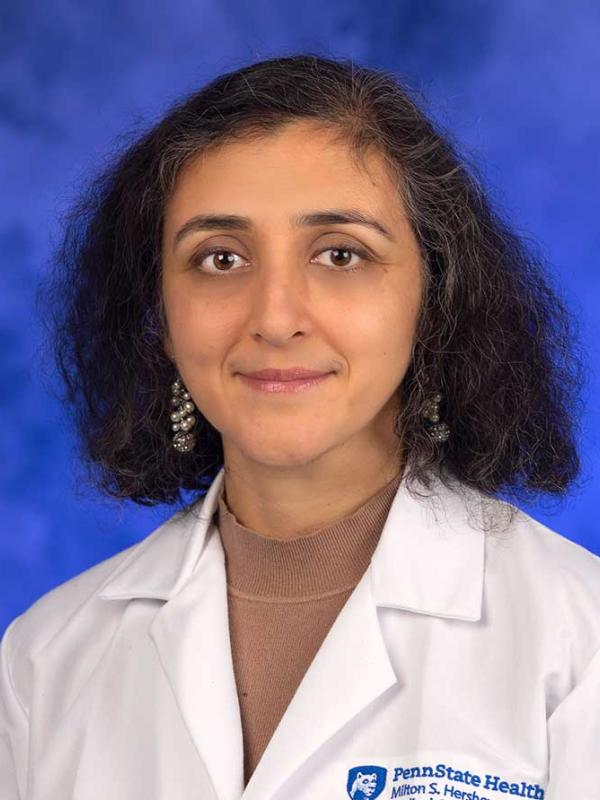Cancer That Starts in the Mouth
Oral cancer most commonly involves your lips or tongue, but may also occur on the:
- Gums
- Inside cheek (buccal mucosa)
- Roof (palate) and floor of the mouth
The most common type of lip and oral cancer is squamous cell carcinoma.
Lip and oral cancer typically appears as a growth or sore that doesn't go away. It can be life-threatening if not diagnosed and treated early. Men face twice the risk of developing oral cancer as women, and men over the age of 50 face the greatest risk.
Risk factors include:
- Tobacco use, including cigarettes, cigars, pipes, chewing tobacco and snuff
- Heavy alcohol use
- Excessive sun exposure to lips
- A sexually transmitted infection called human papillomavirus (HPV)
Smokers and excessive drinkers are six times more likely than nonsmokers and nondrinkers to develop oral cancers.
Prevention and Screening
To prevent oral cancer:
- Don’t smoke or use tobacco products.
- Drink alcohol in moderation.
- Limit sun exposure, and use sunscreen on your lips as well as face.
Every month, examine your lips, gums and cheeks carefully. Call your doctor if you notice:
- Changes in appearance, such as red or white patches or lesions in your mouth, especially if they are painful or bleed.
- Lumps or enlarged lymph nodes in the sides of your neck or under your lower jaw. Visit your dentist regularly since dangerous spots or sores in the mouth can be very tiny and difficult to see on your own.
The American Cancer Society recommends oral cancer screening every three years for people over 20 and every year for those over 40.
Symptoms, Diagnosis & Outlook
Lip and oral cancer typically appear as a growth or sore that doesn't go away.
Common signs of oral cancer include:
- Swelling, thickening, lumps or bumps on the lips, gums or other areas inside the mouth
- White, red or speckled white and red patches in the mouth
- A mouth sore that bleeds and doesn't heal within two weeks
- Jaw pain or stiffness
- Difficulty swallowing or chewing
- Hoarseness or chronic sore throat
- Loose teeth
- Dramatic weight loss
A specialist called an otolaryngologist diagnoses and treats lip and oral cancers. The doctor will take your medical history and perform a physical exam of your head and neck. You may have a biopsy, in which a small tissue sample is taken from the area, to confirm the diagnosis and check for the extent of the cancer. In most cases, biopsies can be performed in the office, but your specialist may want a more thorough evaluation by performing a biopsy in the operating room under general anesthesia.
Your doctor may also order tests to determine the extent of the cancer and whether it has spread to the lymph nodes or other organs. These include:
- Endoscopy: a brief flexible scope exam performed under local anesthesia to check the extent of any abnormality in the oral cavity
- Computed tomography (CT or CAT) and magnetic resonance imaging (MRI) scans: to determine if the cancer has spread to surrounding lymph nodes
- Positron emission tomography (PET) scan: to determine if cancer has spread to other organs, such as the lungs
An oral cancer’s stage is used to determine treatment options. A lower stage, such as stage 1, indicates a smaller cancer confined to one area. The highest stage, 4C, indicates a severe cancer, such as a large tumor or cancer that has spread to the head, neck or other areas of the body.
In general:
- Patients with early-stage lip cancer (stages 1 and 2) have long-term survival rates of up to 80%.
- Oral cancer long-term survival rates are up to 70%.
- Advanced stage cancer patients have the lowest survival rates.
- When the cancer has spread to other body organs, such as the lungs, cancer is not usually curable.
Your Penn State Cancer Institute doctor will discuss the best way to treat your cancer, depending on its type and stage. Our multidisciplinary team of surgeons, radiation and medical oncologists, and pathologists reviews all treatment options before making a recommendation.
Treatment options depend on:
- The stage, location and size of the cancer
- Keeping your ability to eat, talk and breathe as normal as possible
- Whether the cancer has come back (reoccurred)
Most lip and oral cancers are treated with surgery. If necessary, your surgeon will also reconstruct the lip or structures in the oral cavity to give the best functional and cosmetic result at the same time. There are several options for treating lip and oral cancer, including:
- Surgery to remove the cancer may include general surgery, minimally invasive surgery, laser treatments, as well as lymph node biopsies.
- Radiation therapy using high-energy X-rays or other types of radiation to kill cancer cells. This is often used with other treatments.
- Chemotherapy using drugs to kill cancer cells and stop them from growing.
- Targeted therapy using drugs to attack specific cancer cells. This causes less harm to normal cells than radiation and chemotherapy.
- Clinical trials to test new treatment options.
Your doctor may recommend radiation, with or without chemotherapy, depending upon the extent of the cancer or if surgical treatment is not appropriate. If radiation is the main treatment instead of surgery, and the cancer returns, surgery may be the only option.
Side effects of lip and oral cancer treatment include:
- Anesthesia risks
- Bleeding
- Change in speech articulation
- Dribbling when drinking
- Infection
- Need for additional treatment
- Oral sores or change in taste caused by radiation treatment
- Pain
- Recurrence of cancer
- Swallowing problems including short-term painful swallowing (odynophagia) and long-term difficulty swallowing (dysphagia)
Radiation may also cause cosmetic deformity, including bone death (osteoradionecrosis), usually in the lower jaw. Chemotherapy side effects depend upon the type of drugs used.
Our Experts in Care
The team of lip and oral cavity cancer experts at Penn State Health includes specially trained physicians, surgeons, physician assistants, nurses and specialists in related fields who work together to offer advanced care for a wide range of oral cancers.
Meet the Team
Why Choose Penn State Health for Care
Comprehensive, Compassionate Care
Penn State Health provides specialized testing, treatment and management for lip and oral cavity cancers. Our medical team is consistently recognized nationally through Best Doctors in America and America’s Top Doctors awards. Our specialists also participate in worldwide conferences and speaking engagements in countries including India, Korea, Germany, Japan and others.
Leading-Edge Clinical Trials
The oral cancer experts at Penn State Health Milton S. Hershey Medical Center and Penn State Cancer Institute are committed to offering their patients the latest treatment options, including access to leading-edge clinical trials. Our superb clinical research team includes dedicated research nurses, clinical trial coordinators and data analysts and gives patients the opportunity to participate in the latest clinical trials. Learn more about new Penn State Health clinical trials at StudyFinder.
Support Groups
Support groups provide an opportunity to share your feelings and connect with other patients and caregivers who are experiencing similar struggles.
Convenient Locations
Find the care your family needs, close to home, at one of our many locations throughout central Pennsylvania.
Find a location near you















